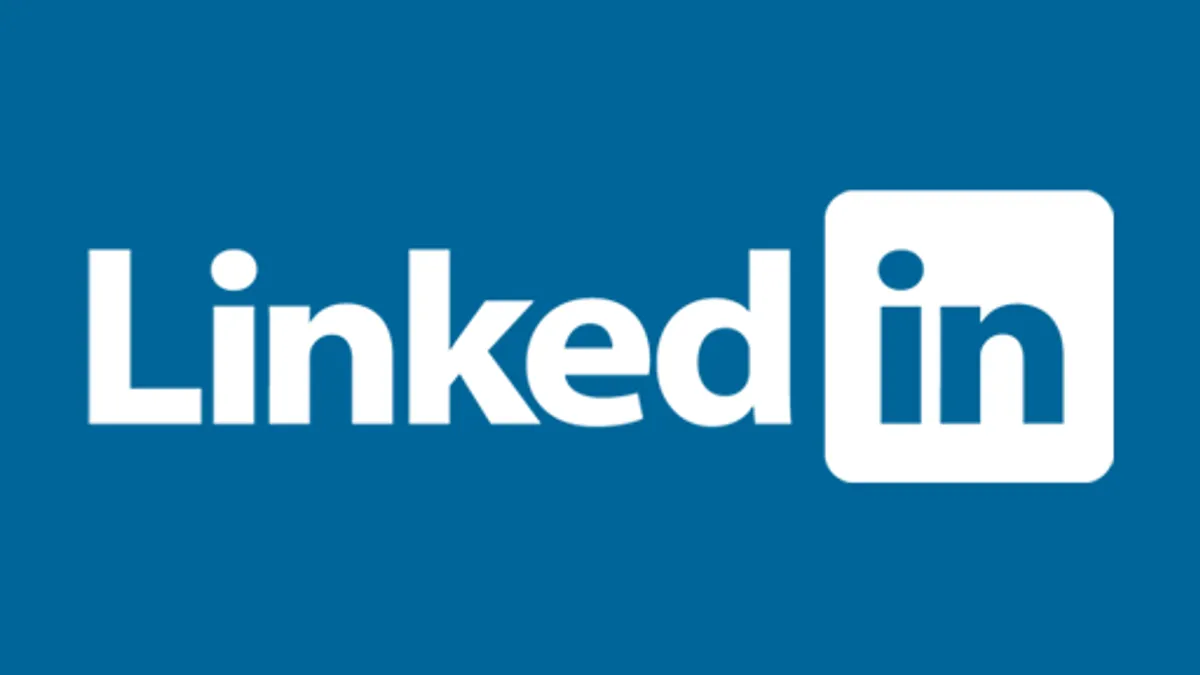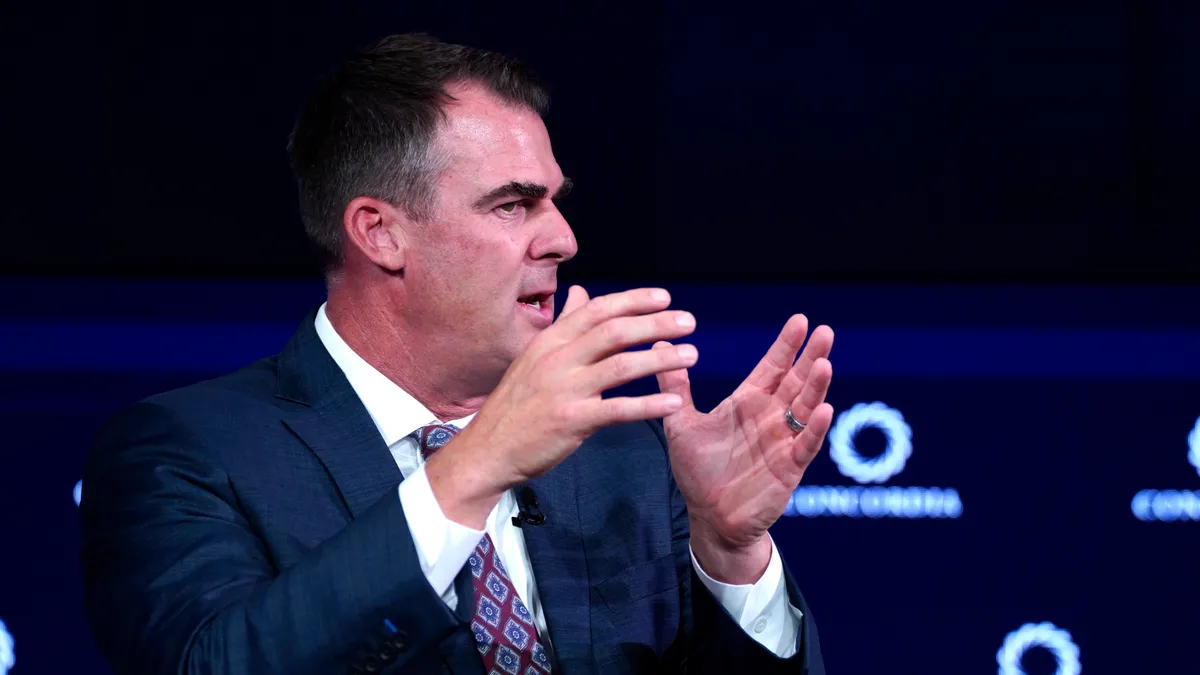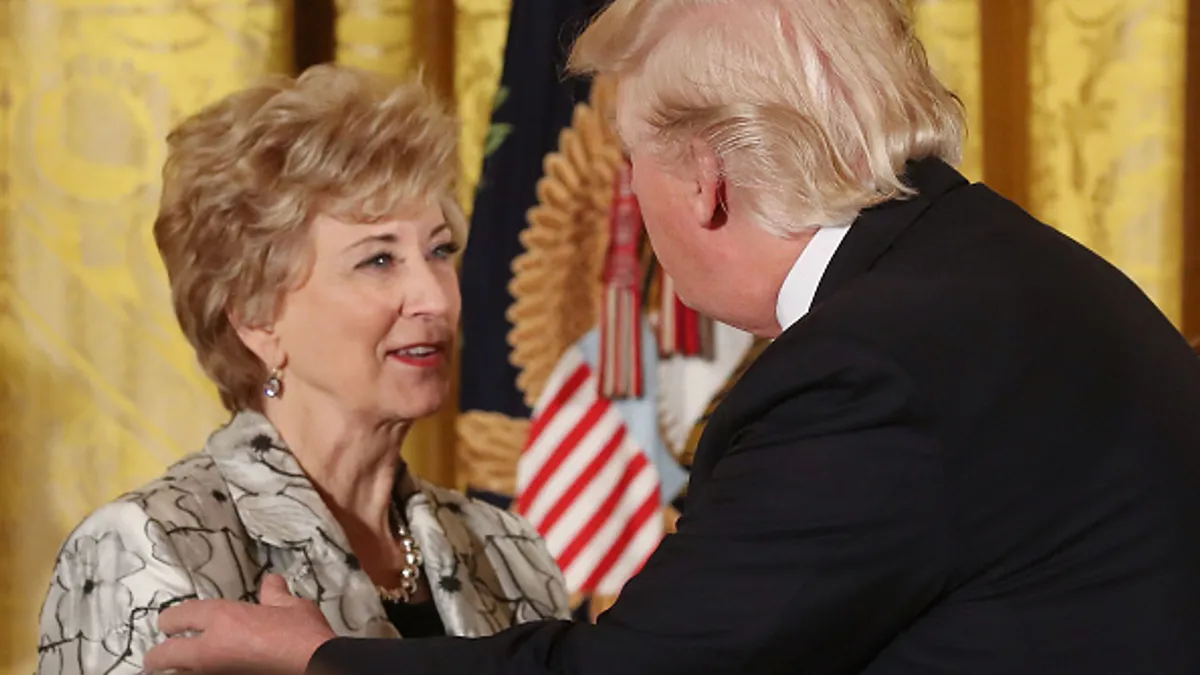Dive brief:
- The Ohio library system has reached a $2 million agreement with LinkedIn to use its online learning platform Lynda.com to provide library cardholders with access to Lynda’s more than 12,000 courses, according to the Dayton Daily News.
- The agreement involves a partnership among The Ohio Library Council, the Ohio Public Library Information Network and LinkedIn, which will provide access to the courses. Classes range from simple minute-long tutorials to sophisticated learning paths with a series of courses that can provide high-level job skills.
- Ohio library officials said this was the first agreement of its kind nationally, and is designed to improve economic opportunity for the state’s workforce and add a useful service for library patrons.
Dive Insight:
Lynda's 12,000 courses range from gardening and understanding iPhone features, to technical material about supply chain operations and project management and instruction on dozens of computer software applications and programming languages.
The company says 40% of the nation’s colleges use its platform along with 31 state governments, all branches of the military and many corporations. It is often used by institutions for training staff, along with offering courses for the general public. The firm reports that it adds 60 courses per month.
Late last year some universities expressed concern about rate hikes by the company, which was acquired for $1.5 billion in 2015 by LinkedIn following LinkedIn's acquisition by Microsoft for more than $26 billion. Critics suggested the corporate changes may have resulted in the higher rates.
Indiana University reported that when its introductory deal with Lynda was over, it was told its one-year contract would reflect a 60% price hike, according to Inside Higher Education, and the university did not continue the arrangement. Inside Higher Education also reported that The University of the Arts in Philadelphia faced a 37% increase and Emerson College in Boston reported a rate increase of 57% over the next three years.The company, however, sent letters to some universities saying it expected to increase rates about 10% a year.
At the same time, a case study on Lynda about Georgetown University’s use of the system at its Gelardin New Media Center reported that the university’s expanded use of the system was very successful and the college was satisfied with the results for staff and students.











